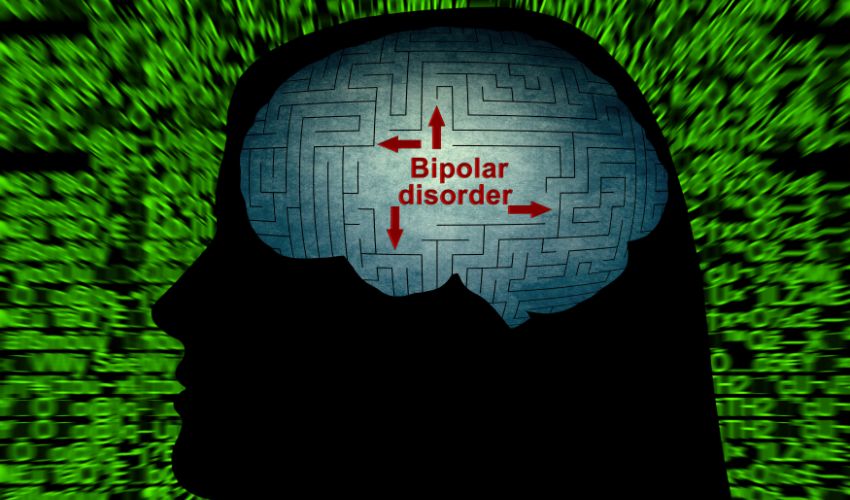Bipolar disorder, also known as manic-depressive illness, is a mental health condition that affects an estimated 2.8% of adults in the United States. It is a chronic condition that can cause extreme mood swings, including periods of mania and depression. The condition can be challenging to manage, but with the right treatment, many people with bipolar disorder can live fulfilling and productive lives. In this article, we will discuss the symptoms, causes, and treatments of bipolar disorder.
Symptoms of Bipolar Disorder:
The symptoms of bipolar disorder can vary widely from person to person, and the condition can be challenging to diagnose. Here are some of the most common symptoms of bipolar disorder:
- Extreme mood swings that can last for weeks or months
- Periods of intense energy and activity, known as manic episodes
- Periods of intense sadness, hopelessness, and loss of interest, known as depressive episodes
- Changes in sleep patterns, including insomnia or oversleeping
- Difficulty concentrating or making decisions
- Thoughts of death or suicide

Causes of Bipolar Disorder:
The exact causes of bipolar disorder are not yet fully understood, but research suggests that a combination of genetic, environmental, and neurological factors may play a role. Here are some of the most common causes of bipolar disorder:
- Genetics: Bipolar disorder is believed to have a genetic component, meaning that it can be passed down through families.
- Brain chemistry: People with bipolar disorder may have imbalances in certain brain chemicals, such as dopamine and serotonin, which can affect mood regulation.
- Environmental factors: Stressful life events, such as trauma or abuse, can trigger bipolar episodes in some people.
Treatments for Bipolar Disorder:
There is no cure for bipolar disorder, but with the right treatment, most people with the condition can manage their symptoms and lead productive lives. Here are some of the most common treatments for bipolar disorder:
- Medication: Mood stabilizers, antipsychotic medications, and antidepressants can help manage bipolar symptoms.
- Psychotherapy: Cognitive-behavioral therapy, psychoeducation, and family-focused therapy can help people with bipolar disorder better understand and manage their symptoms.
- Lifestyle changes: Regular exercise, a healthy diet, and getting enough sleep can help stabilize mood and reduce the risk of bipolar episodes.
FAQs:
Can bipolar disorder be cured?
There is no cure for bipolar disorder, but with the right treatment, most people with the condition can manage their symptoms and lead productive lives.

Is bipolar disorder hereditary?
Bipolar disorder is believed to have a genetic component, meaning that it can be passed down through families.
What triggers bipolar episodes?
Stressful life events, such as trauma or abuse, can trigger bipolar episodes in some people.
Can people with bipolar disorder have successful careers?
Yes, many people with bipolar disorder have successful careers with the right treatment and support.
Can lifestyle changes help manage bipolar disorder?
Yes, regular exercise, a healthy diet, and getting enough sleep can help stabilize mood and reduce the risk of bipolar episodes.
Conclusion:
Bipolar disorder is a serious mental health condition that can cause extreme mood swings, but with the right treatment, most people with the condition can manage their symptoms and lead fulfilling lives. If you or a loved one is experiencing symptoms of bipolar disorder, it is essential to seek help from a mental health professional. With the right treatment and support, people with bipolar disorder can achieve their goals and live meaningful lives, and it is crucial to prioritize mental health and well-being. By understanding the symptoms, causes, and treatments of bipolar disorder, we can work towards reducing the stigma around mental illness and promoting a more compassionate and understanding society.
Remember, if you or someone you know is experiencing symptoms of bipolar disorder, there is no shame in seeking help. With the right treatment and support, it is possible to manage bipolar disorder and live a fulfilling life. Don’t hesitate to reach out to a mental health professional or support group for assistance. Let’s work towards building a world where mental health is a top priority and where those with bipolar disorder and other mental illnesses are treated with dignity and respect.






















